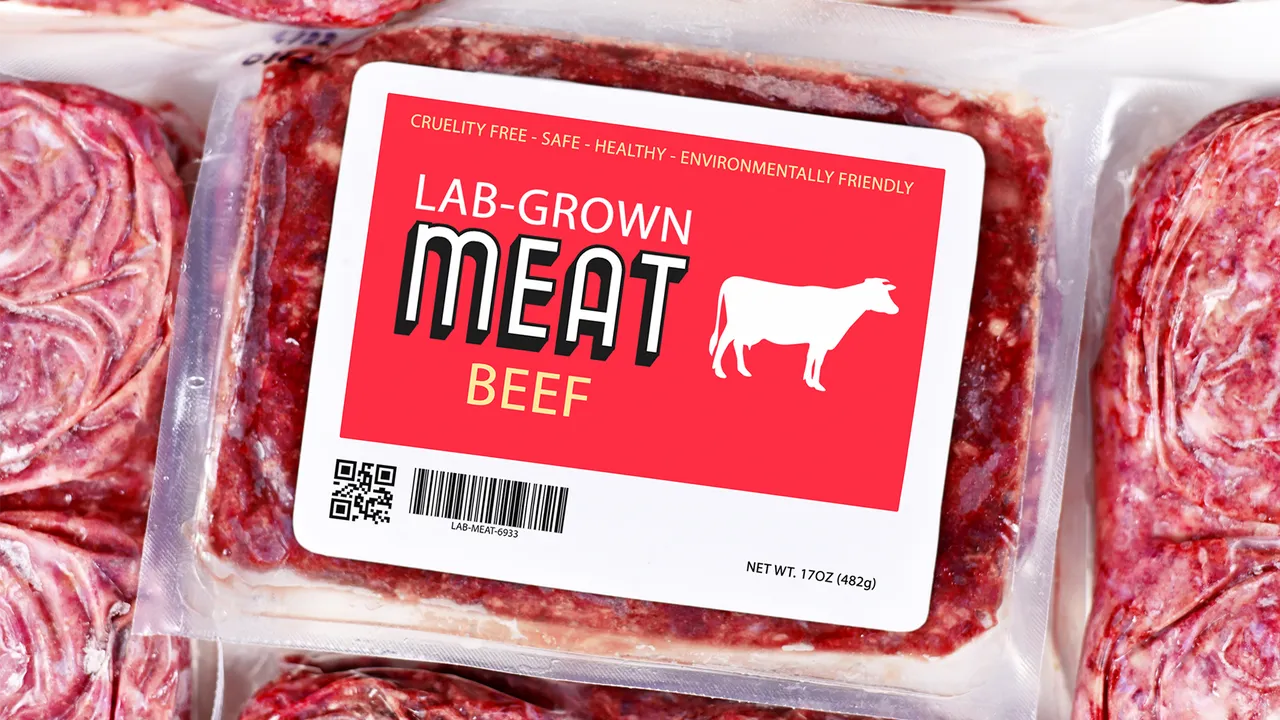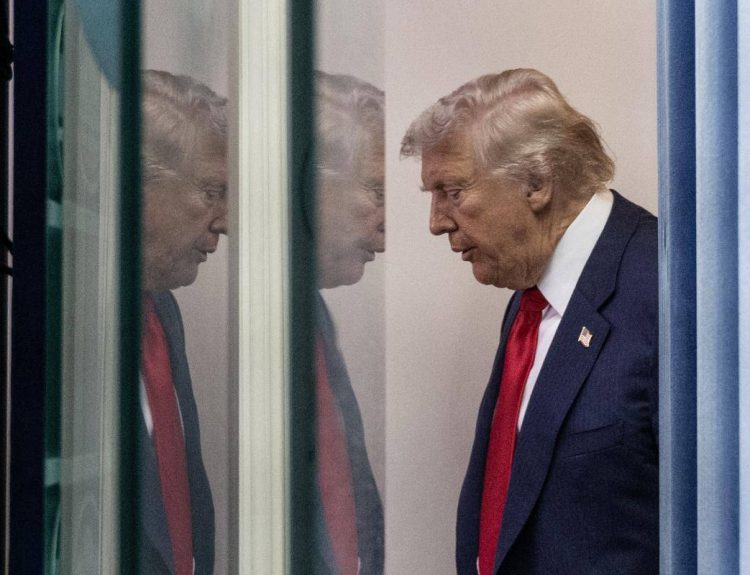For centuries, agriculture has been the foundation of empires. From ancient grain routes to modern beef exports, food has determined not only the health of populations but also the balance of power among nations. Now, a seismic disruption looms: meat grown not in fields or feedlots, but in laboratories. The rise of lab-grown meat may not just change diets—it could rewrite global trade, reshape economies, and even determine which nations command influence in the decades ahead.
Lab-grown meat, created by cultivating animal cells in bioreactors, offers an astonishing promise: beef without cattle, chicken without coops, protein without the plough. To climate advocates, it represents salvation—dramatically reduced emissions, land restoration, and an end to the deforestation caused by industrial farming. But to those who rely on food exports to wield influence, from Brazil to Australia, it is a threat that could strip them of economic leverage almost overnight.
In today’s world order, countries with vast farmlands and abundant livestock enjoy significant bargaining power. Their beef, pork, and poultry flow into global markets, binding buyers in webs of dependency. Yet what happens when Singapore, Tokyo, or New York can produce their own protein within city borders—independent of land, weather, or trade routes? The geopolitical implications are staggering. Food sovereignty could be redefined in the space of a decade.
Investors see this as a once-in-a-century market opportunity. Billions are being poured into cultured meat start-ups, with projections that the industry could be worth hundreds of billions by 2040. The appeal is clear: scalability, precision, and the ability to meet global demand without the fragility of traditional agriculture. But behind the numbers lies a subtler game of control. Whoever patents the best technologies, controls the distribution networks, and masters the supply chains may dominate not just food markets but entire regions.
This disruption will create winners and losers. Nations that depend heavily on livestock exports could see their influence wane, while tech-driven economies may rise to culinary dominance. It is conceivable that Silicon Valley or Shenzhen could dictate the price of meat the way OPEC once did with oil. For the first time in history, the future of food might belong not to farmers, but to coders, engineers, and biotech magnates.
Yet there are cultural questions no algorithm can solve. Food is memory, ritual, identity. A steak raised in a lab may be chemically identical to one raised on a ranch, but will it command the same reverence at a Tuscan table, or carry the same symbolic weight in Middle Eastern feasts? The clash between tradition and innovation may be as decisive as any economic battle.
Still, the trajectory is clear. Food without farms is no longer speculative—it is inevitable. The real question is not if it will reshape power and trade, but who will seize the moment to lead. Just as oil defined the twentieth century, lab-grown protein could define the twenty-first. Those who underestimate this shift may find their power, like their pastures, left behind in history.



